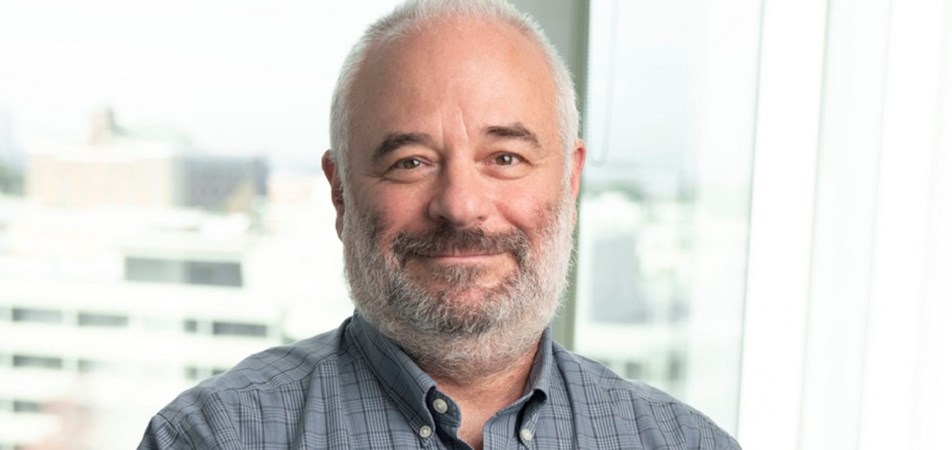To recover your password please fill in your email address
Please fill in below form to create an account with us

09/09/19
The CTC’s Prof Martin Stockler has received the prestigious MOGA Novartis Cancer Achievement Award for his outstanding contribution to medical oncology in Australia, joining a notable list of former recipients.
“Martin has made a substantial contribution to the advancement of oncology in Australia, both as a medical oncologist and as a leader in clinical trials and research, and in supporting and mentoring young investigators and members of the oncology profession,” said Medical Oncology Group of Australia (MOGA) Chairman Prof Chris Karapetis.
Former recipients of the award include ACTA’s Prof John Zalcberg (2011), the CTC’s Prof John Simes (2010), and Prof Alan Coates (2003).
MOGA cited Martin as ‘one of Australia’s most respected and dynamic medical oncologists’ who is well known in the global oncology community.
Secrets to success
In his 35-year career, Martin’s research has contributed to improved cure rates in testicular cancer, improved survival in prostate and breast cancer, and improved quality of life in prostate, breast, ovarian, and other advanced cancers.
Performing a unique intermediary role between cancer clinicians, patients, and scientists, he has helped attract over $60 million in competitive research funding and has authored over 200 journal articles.
“I’ve found a useful niche working in the spaces between fields of expertise and understanding the needs of patients and their families, clinicians providing cancer care, and experts in biostatistics and research,” says Martin.
“I try to listen hard to identify what is missing, confused, and important, and what needs specifying or explaining. My main achievement has been appreciating what is hard to understand and worthy of effort. The harder the puzzle, the more satisfying the solution.”
Perseverance, Prof Stockler says, outweighs talent in the oncology profession.
“It’s so important to work on things you are genuinely interested in and passionate about. It’s even more important to find excuses and opportunities to work with people you like, respect, and admire.”
In his award-winning speech, Prof Stockler thanked many of the people who had helped and inspired him along the way, including Martin Tattersall – ‘the intellectual stem cell of academic medical oncology in Australia’.
“He taught me that there is nothing more inspiring than seeing those you care about thrive and evolve,” he says. “What astounds and sustains me every working day is the remarkable adaptability and resilience of human beings. Sometimes, the best we can do is accept our shared limitations and look for how we can help make the best of a difficult situation.”
Trials more relevant than ever
There was a view five to ten years ago that randomised clinical trials were not going to be needed in oncology’s future. If anything, Martin says, their importance in informing clinical practice and improving outcomes has increased.
Which is why he is proud to reflect on his role helping young clinician-researchers turn research ideas into clinical studies in The Asia-Pacific Clinical Oncology Research Development (ACORD) initiative.
Since 2008, Martin has lead and convened ACORD workshops for over 1,000 young clinician-researchers from a broad range of disciplines involved in cancer care, including medicine, nursing, supportive care, psycho-oncology and allied health.
Participants come from as far as India and Pakistan to benefit from Martin’s expertise in one day and one week workshops that see them produce one page concept outlines and twenty page study protocols; important steps in getting a successful trial up and running.
“Attendance of one day workshops is free to everyone, while attendance of one week workshops is free to participants from low and low-middle income countries. It is all about improving patient outcomes in the Asia-Pacific by increasing the capacity and quality of our clinical research,” Martin says.
Martin also leads the Genomic Cancer Clinical Trials Initiative (GCCTI), funded by Cancer Australia, which encourages researchers from different cooperatives to work together more.
“Clinical research is a team sport. The GCCTI is like getting people from different sports to play together. We try to link people working in different areas to think together and create opportunities for innovation and higher quality research,” he said.
View Martin’s profile.